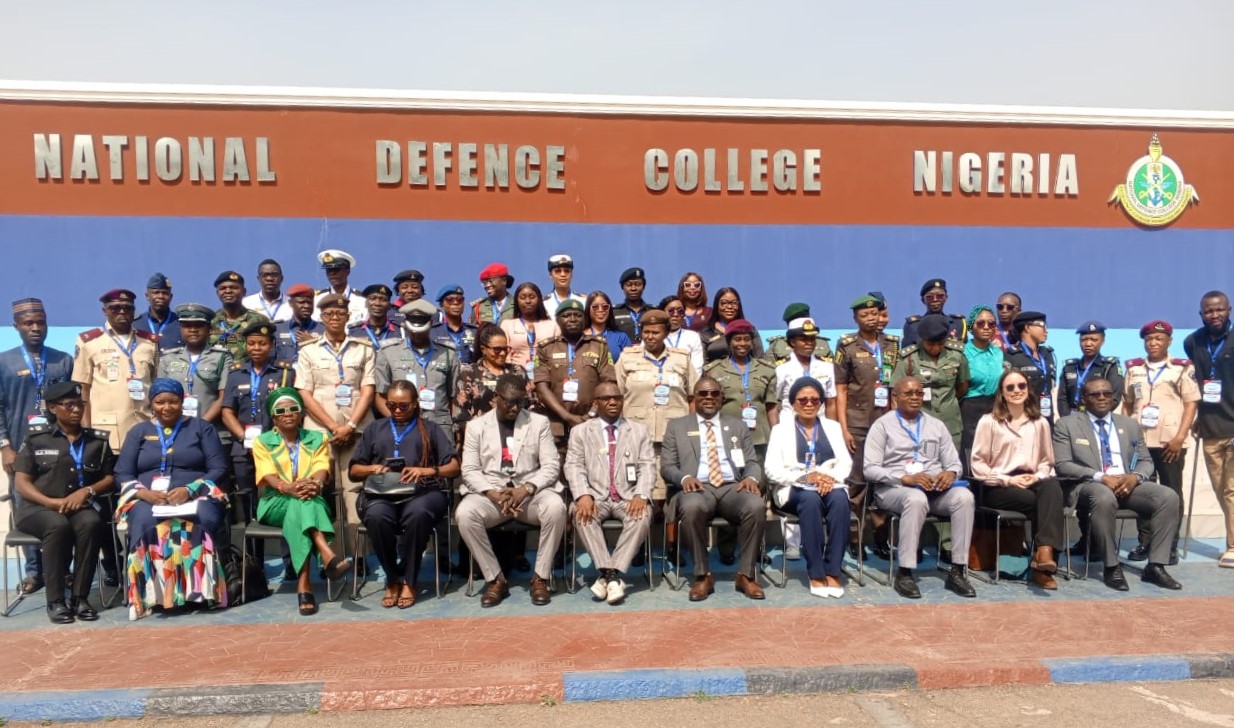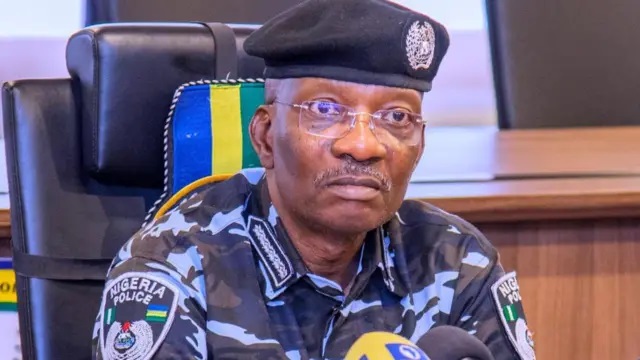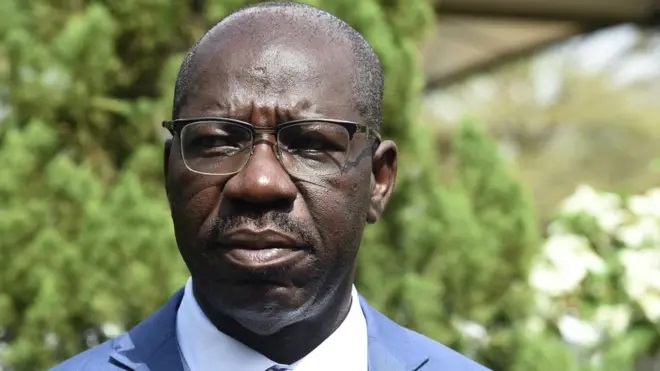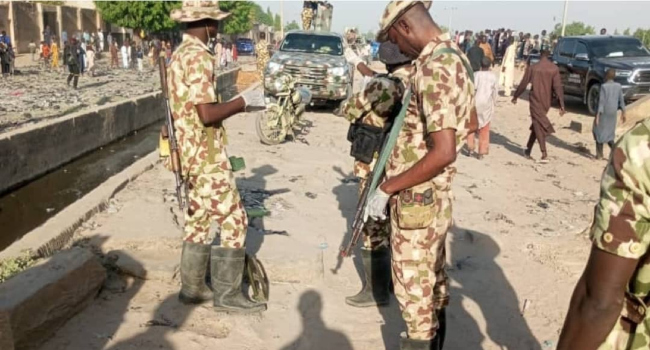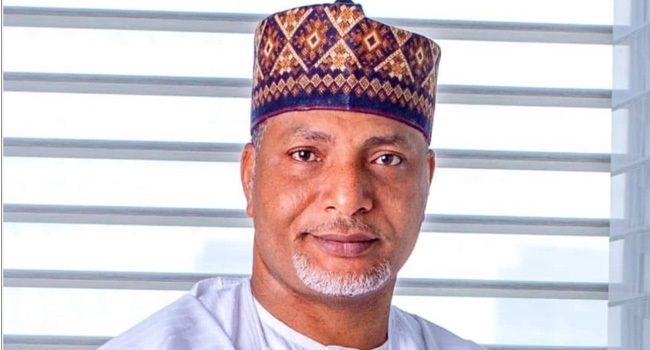The Commandant, National Defence College (NDC), Rear Adm. Oluwuyiwa Olotu, has emphasised the need for inclusive security measures to protect vulnerable groups, particularly women and children during armed conflicts.
Olotu made the call in Abuja on Monday, at the opening of training for gender focal officers in the security sector, organised by the NDC Center for Strategic Research and Studies (CSRS).
The News Agency of Nigeria (NAN) reports that training is organised by the NDC in collaboration with the UN Women in Nigeria.
Represented by the Provost, Centre for Strategic Research and Studies, NDC, Prof. Adams Ahmed, he said that gender mainstreaming was crucial in security institutions.
He added that it aligned with the UN Security Council Resolution 1325, which advocates women’s participation in peace and security processes.
According to him, women and children are the most affected in armed conflicts. Security institutions must adopt gender-sensitive policies to address their vulnerabilities.
He noted that gender focal officers face challenges such as inadequate training and resources, stressing that the training would equip them with skills to drive gender-responsive reforms.
“As part of its commitment to gender inclusion, the NDC has integrated structured gender training into its regular curriculum, including virtual courses targeting security personnel.
“For the first time, we have a woman as a directing staff at NDC; She excelled, proving that gender mainstreaming is about competence, not tokenism,” he said.
Meanwhile, the Country Representative of UN Women in Nigeria, Beatrice Eyong, has commended Nigeria’s progress in implementing national action plans on women, peace, and security.
Eyong, represented by the Programme Manager, Peter Mancha, said that the Nigerian Military, Police, and Civil Defence had launched gender policies, ensuring that security personnel address gender-based violence using international best practices.
She also lauded the effort of some northern states incorporating and increasing women into major decision-making processes in their state.
“Traditional councils in states like Gombe and Plateau now include women in decision-making on peace and security. Security institutions should do same,” she said.
Eyong urged gender focal officers to utilise the training to understand their roles, as some may have been appointed without clear mandates, affecting the effectiveness of gender integration.
Similarly, Dr Jumoke Jenyo, Head of the Department of Conflict, Peacekeeping and Humanitarian Studies at NDC, emphasised the importance of institutional commitment to gender mainstreaming in the security sector.
Jenyo noted that while gender focal officers were appointed in various security agencies, many lacked a clear understanding of their roles due to inadequate training and resources.
According to her, some gender focal officers don’t even know why they were appointed. This training is to help them understand their roles and responsibilities in driving gender-responsive security reforms.
She also stressed the need for accountability mechanisms to ensure gender policies were effectively implemented within security institutions.
She added that the training aims to strengthen institutional frameworks for gender-responsive security operations in Nigeria. (NAN)

